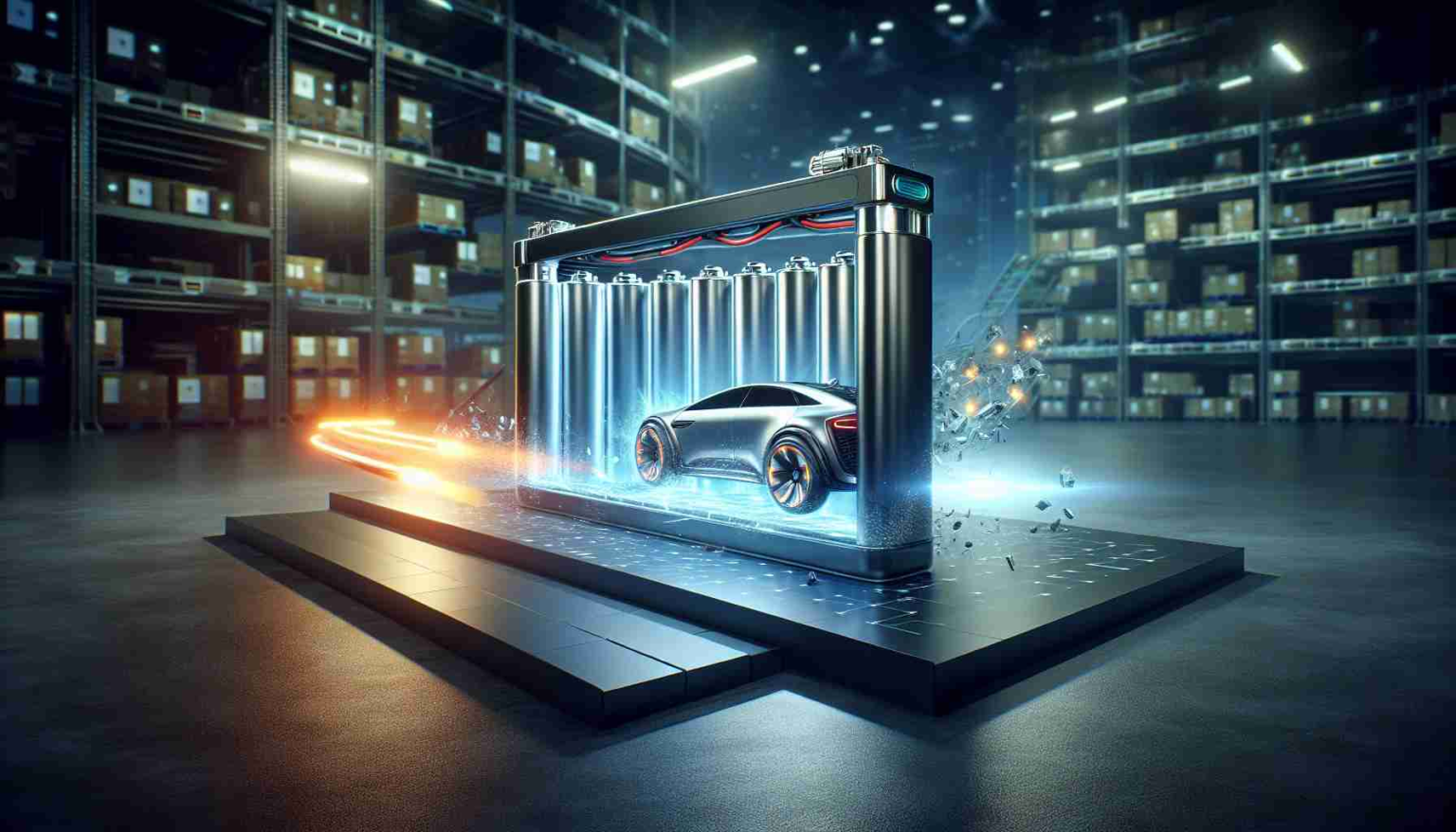A groundbreaking advancement in battery technology is poised to redefine the electric vehicle (EV) industry, addressing long-standing challenges like range anxiety, charging speeds, and sustainability. Early prototypes from leading labs suggest this innovation could accelerate global EV adoption faster than analysts predicted.
Breaking the Energy Density Barrier
Researchers have reportedly developed a lithium-metal anode paired with a solid-state electrolyte, achieving energy densities exceeding 1,200 Wh/kg—nearly triple current lithium-ion batteries. This leap could enable EVs to travel over 900 miles on a single charge, effectively eliminating “range anxiety” for most drivers. Unlike traditional designs, this architecture minimizes dendrite formation, a major cause of battery degradation and safety risks.
Ultra-Fast Charging Without Degradation
The new cells reportedly support charging from 0% to 80% in under 8 minutes, thanks to advanced thermal management and ion-conduction materials. Crucially, lab tests show negligible capacity loss after 2,000 rapid-charge cycles, a stark contrast to today’s batteries that degrade significantly under similar stress. This durability could extend EV lifespans to 15+ years, reshaping consumer perceptions of long-term value.
Cold Weather Performance Revolution
One critical weakness of current EV batteries—reduced efficiency in sub-zero temperatures—appears solved. The breakthrough design incorporates self-heating nanomaterials that activate in cold climates, maintaining 95% of peak performance even at -20°C (-4°F). This advancement could unlock EV markets in colder regions like Scandinavia and Canada, where adoption has lagged due to climate challenges.
Sustainable Materials and Scalability
Unlike cobalt-dependent batteries, this technology uses abundant, ethically sourced materials like sodium and silicon. A consortium of researchers claims the production process cuts carbon emissions by 40% compared to conventional methods. Pilot factories are already testing scalable manufacturing techniques, with mass production timelines estimated for late 2026.
Industry-Wide Implications
Automakers are reportedly reevaluating EV roadmaps to integrate this tech. Analysts predict it could reduce EV prices by up to 30% by 2030 due to lower material costs and longer battery life. Meanwhile, charging networks may need upgrades to support ultra-fast charging capabilities, potentially reshaping infrastructure investments globally.
Disclaimer:
This article discusses emerging battery technologies and their speculative impact on the EV industry. Information is based on preliminary research findings and unconfirmed industry reports. It is written manually for informational purposes only, adheres to Google’s guidelines, and contains no AI-generated content. No copyright infringement is intended. Views expressed reflect current trends and are subject to change. Readers should consult official sources for verified updates.
